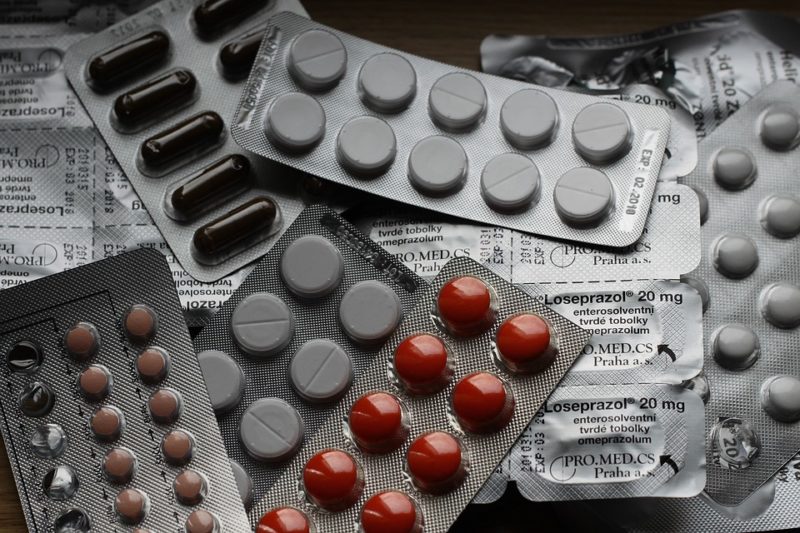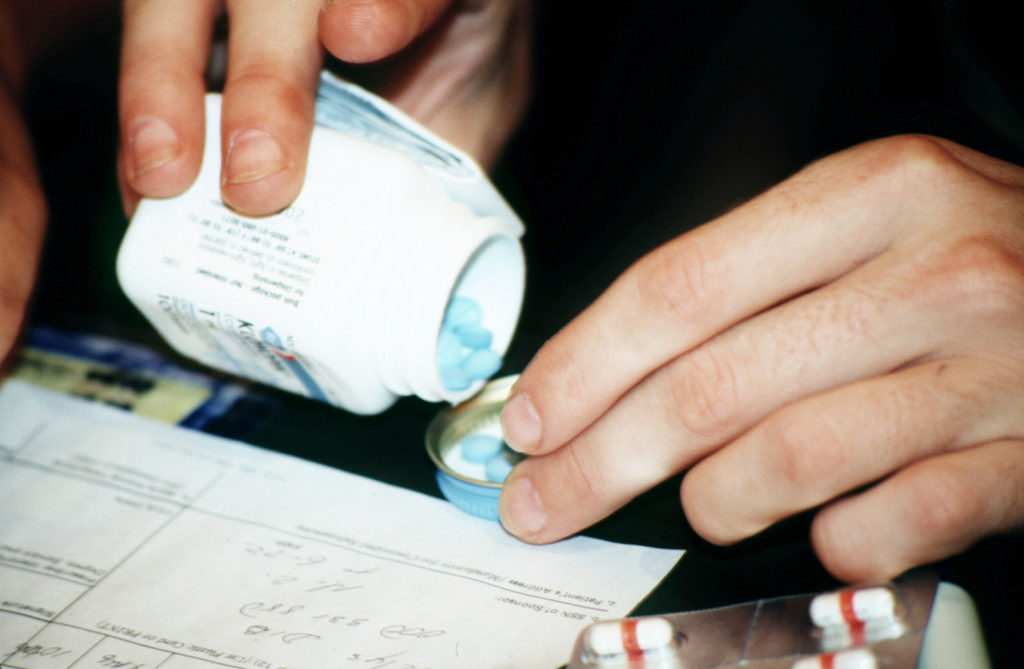Summary
– How does drug Iatrogenesis translate?
– Drug abuse: which drugs are concerned?
– Risk factors of drug-related harm
– Prevention of drug-related harm
Iatrogenic comes from the Greek word “iatros,” which means the doctor and “genesis,” to generate. Drug Iatrogenesis refers to adverse effects attributed to drugs and drug interactions that have consequences on an individual’s health.
Medications can involve the different health professionals and the person themselves, especially in case of self-medication or mistake in taking medication (taking medication is commonplace, and the risks are often underestimated). Let’s find out more about this subject.
Good to know: iatrogenic medication is the cause of more than 10,000 deaths per year, 128,000 hospitalizations per year, and its frequency is multiplied by two after 65 years old.
What does drug-related Iatrogenesis mean?
Adverse effects can range from simple fatigue and nausea to a more severe or even fatal accident such as a hemorrhage, a fall, a hip fracture, etc.
They are caused by:
– an error in taking the medication (wrong schedule, doubling the dose if forgotten, etc.);
– interactions between molecules when several specialties are taken simultaneously;
– adverse effects related to the drug (such as nausea, diarrhea, drowsiness…);
– allergies (which can range from a simple skin rash to anaphylactic shock).
Everyone is concerned, but multi-medication, often linked to advancing age, increases the risk; this explains the implementation of active prevention in people over 65 years of age, who eliminate drugs more slowly and are generally more sensitive and more fragile medication.
Medication-related Iatrogenesis therefore mainly concerns the elderly.
Drug-related Iatrogenesis: which drugs are concerned?
These are:
– anticoagulants with a risk of bleeding;
– psychotropic drugs with a risk of mental confusion, delirium, and hallucinations
– anti-hypertensives with a risk of falling;
– diuretics with a risk of hypotension;
– certain strong analgesics (opiate-based in particular) with a risk of mental confusion and falls;
– proton pump inhibitors (drugs related to gastric pain, etc.) with a risk of fracture in case of long-term treatment and osteoporosis and associated with long-term corticosteroids.
These specialties are used with a risk assumed by the prescriber, i.e., they establish a benefit-risk assessment, knowing that the drugs represent an excellent opportunity for us and that at the same time they present certain risks depending on the psychological, somatic, or cognitive state of the person.
Risk factors of drug Iatrogenesis

There are several risk factors:
– Age: with advancing age, physiological changes in the body and particularly the alteration of renal function impact the risks related to drugs.
– Polypathologies and polymerization: the elderly, who are more fragile, often have more adverse effects than the rest of the population.
– Undernutrition: often present in the elderly, it can either potentiate the effects of the therapies or reduce them. It is, therefore, necessary to adapt the doses to avoid overdosing or the ineffectiveness of the therapy.
– Misuse of medication: failure to comply with treatment (dose, duration, time of intake, etc.) and self-medication can harm the body.
– Discharge from hospital: people sometimes do not understand all the information given to them when they leave the hospital and find themselves with several prescriptions that are still valid. Some people risk accumulating treatments, especially since the same drug molecule today can have several names depending on the laboratory that issues it. People may take the same drug several times without realizing it.
– Swallowing disorders: faced with this type of problem, we may tend to crush the medication, open the capsules and mix the whole thing without thinking that the shape and the surroundings of the molecule have an important role in the progressive delivery of the active ingredient or the place of delivery (stomach, small intestine…). By doing so, if the drug is not crushable, it can create drug toxicity.
Are you looking for a pharmacy where they can advise you on how to take your medicine?
Regions pharmacy has licensed pharmacists to serve in Miami, Coral Gables, and South Miami. They have over 20 years of combined industry expertise and have established themselves as a well-known drugstore and Latin pharmacy in the area.


